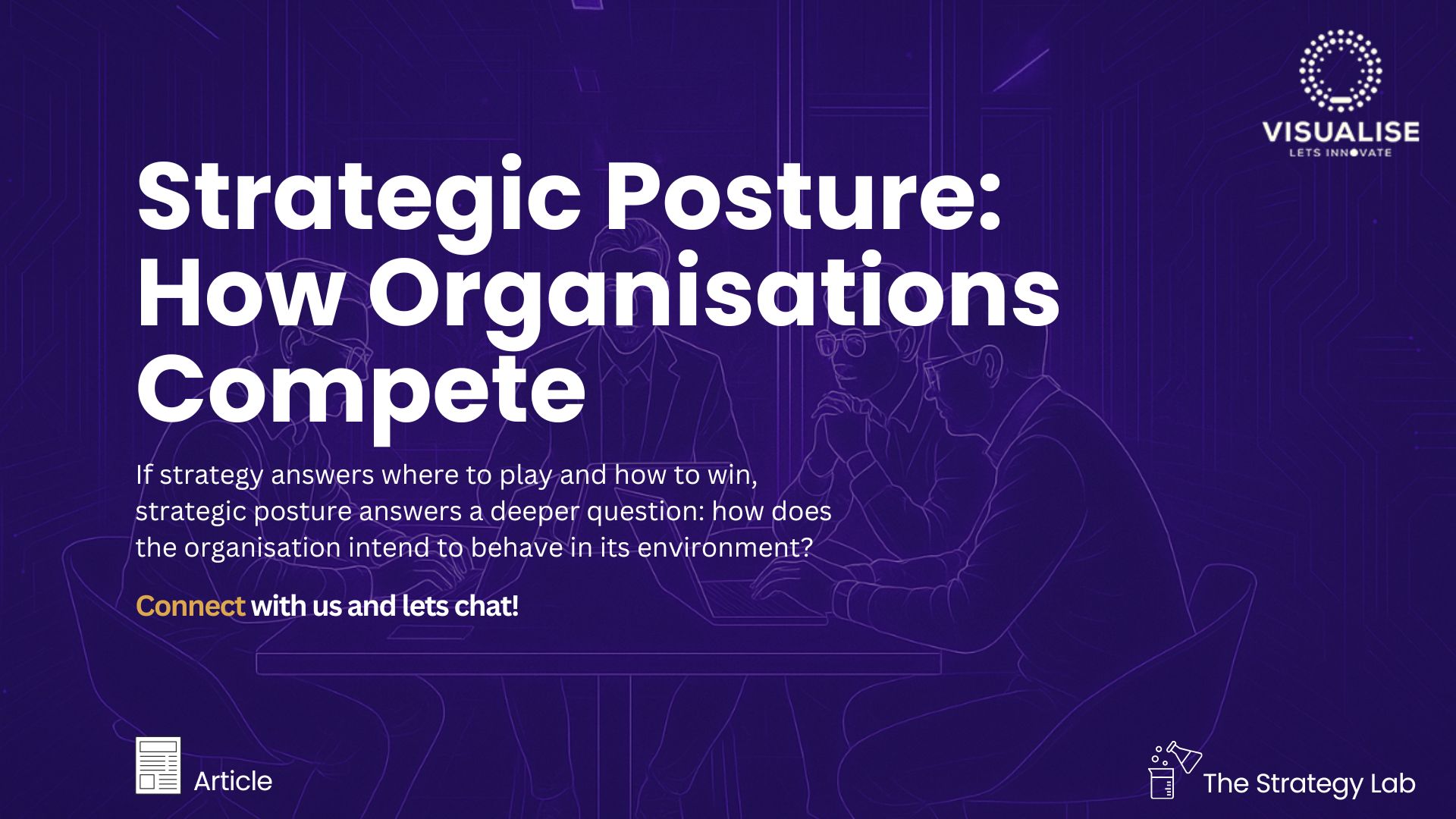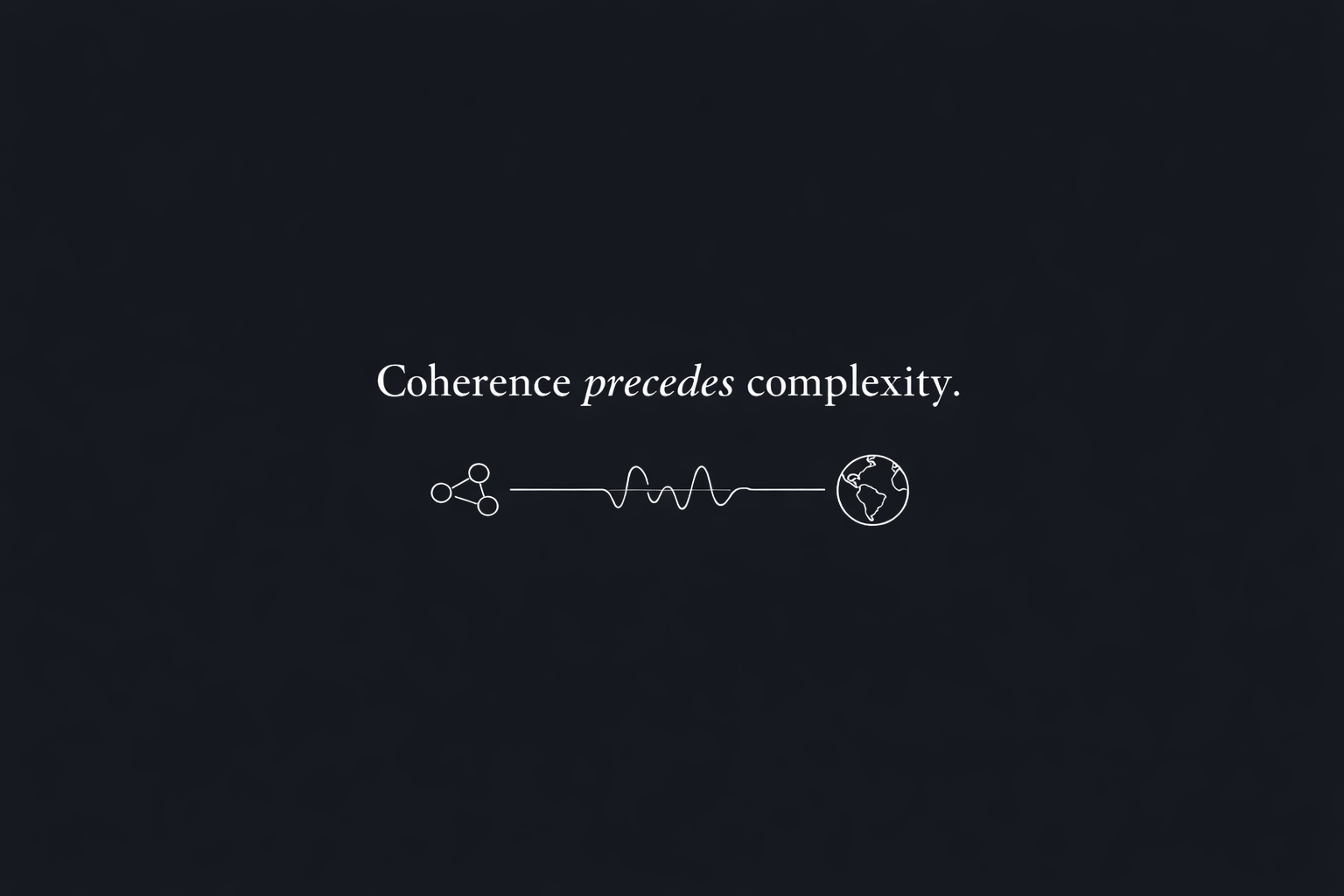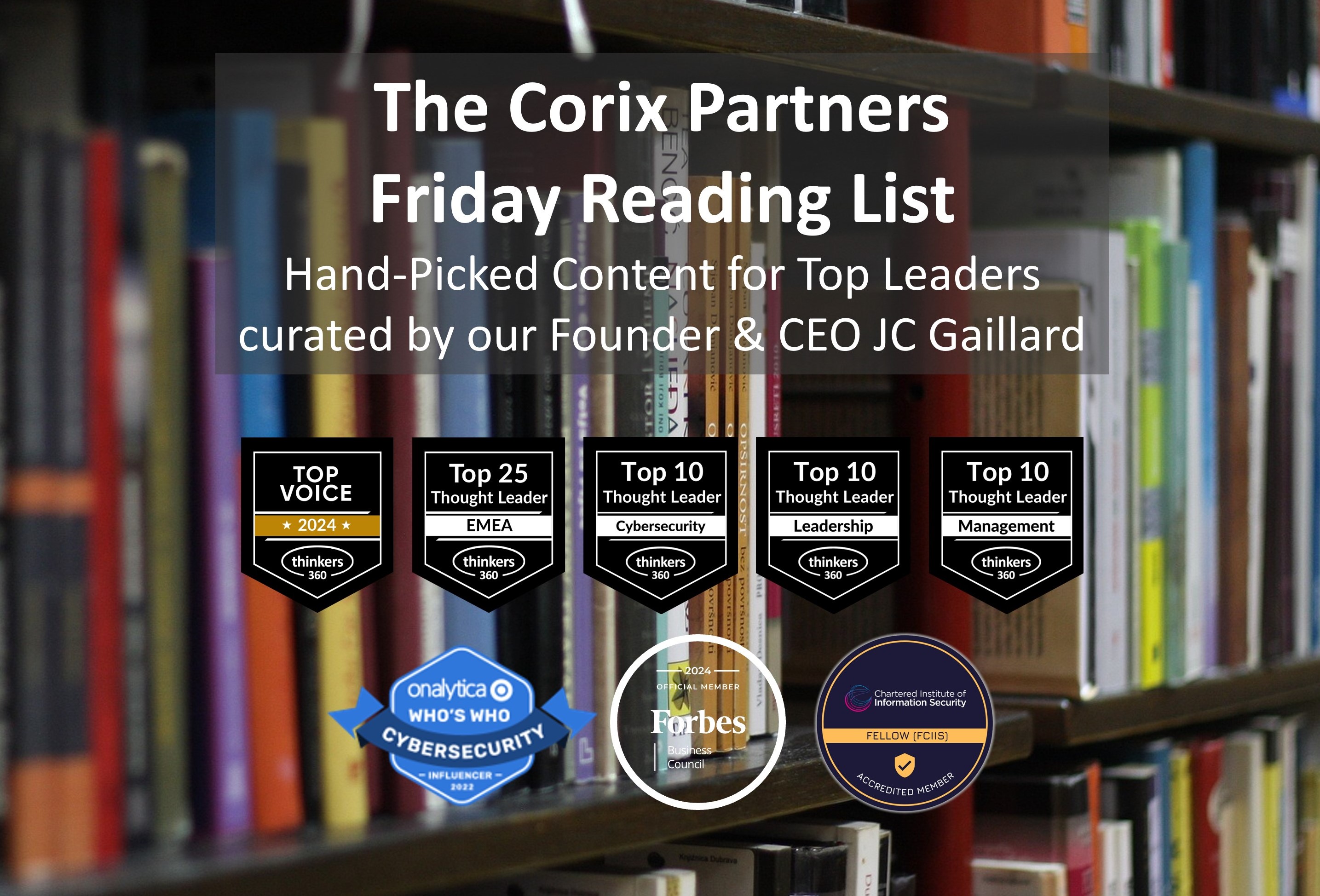Sep02

In an era where information is both a commodity and a question mark, the role of education in shaping leadership and business strategies is more critical than ever.
Education, at its core, is not merely the transmission of facts but the cultivation of understanding, critical thinking, and ethical decision-making. This article explores why education must be infused with honesty, drawing inspiration from historical figures like Nikola Tesla, and how this approach can revolutionize leadership and business strategies.
The Need for Honest Education
Article 26.2 of the Universal Declaration of Human Rights states, "Education shall be directed to the full development of the human personality and to the strengthening of respect for human rights and fundamental freedoms." This implies an education that is not only informative but also honest, presenting knowledge in its truest form without bias or manipulation. In today's world, where misinformation can lead to societal discord, honest education becomes a beacon for truth and understanding.
Leadership Through Education
Leadership, in any domain, thrives on the ability to influence positively. Educational influence, where leaders educate rather than dictate, fosters environments where innovation and integrity are the norms. Leaders who educate their teams or communities about the broader implications of their actions, the history of their industry, or the universal laws that govern human behavior, create a foundation for sustainable growth and ethical conduct.
Nikola Tesla: A Beacon of Thought Leadership
Consider Nikola Tesla, whose contributions to science and technology continue to influence our world profoundly. Tesla's work was not just about innovation; it was about envisioning a future where energy could be universally accessible, a vision that required not just technical knowledge but an understanding of human needs and rights. His life exemplifies how thought leaders can use their knowledge to push boundaries, not just in science but in societal norms and expectations.
The Power of Words and Influence
Words carry energy and influence; they shape perceptions and realities. In leadership and business, how we communicate our strategies, values, and visions can either enlighten or mislead. Thought leaders must explore deeper into how language and narrative can be used to educate, inspire, and mobilize. This involves understanding both international laws that govern global interactions and universal laws that might not be codified but are inherent in human behavior and ethics.
The Right to Truth
People have an inherent right to know the truth, which is often obscured by outdated educational systems that focus on rote learning rather than critical thinking. The knowledge of figures like Tesla, while celebrated, often remains superficial in mainstream education. This gap must be bridged by integrating deeper, more honest educational content into our curricula and corporate training programs.
Changing Education: Tools and Tips
1. Incorporate Real-World Applications: Education should not be theoretical but practical, showing how concepts like Tesla's work on AC electricity have real-world applications.
2. Encourage Critical Thinking: Teach students and employees to question, analyze, and think critically about the information they receive.
3. Use Storytelling: Like Tesla's life, stories can make complex ideas accessible and inspiring. They humanize history and science, making them relatable.
4. *LIntegrate Technology: Use modern tools like AI, VR, and interactive learning platforms to make education dynamic and engaging.
5. Promote Ethical Leadership: Train leaders to be educators, focusing on transparency, integrity, and the broader impact of their decisions.
6. Global and Universal Perspectives: Include education on international laws, human rights, and universal ethical principles to foster a global mindset.
Conclusion
Education, leadership, and business strategy are intertwined more than ever. By advocating for an honest education, we pave the way for leaders who not only succeed in their fields but also contribute positively to society. The legacy of thinkers like Tesla reminds us that true leadership involves enlightening others, pushing for truth, and using influence for the greater good. As we move forward, let us commit to an education system that honors the right to truth, equipping individuals with the tools to navigate and shape our complex world.
Thank you for delving into this exploration of education, leadership, and business strategy with me. Over the past decade, my research into Nikola Tesla's work has been both a passion and a profound journey, especially intensified since my near-death experience (NDE) coma. This period of personal transformation led me to not only study Tesla's theories but also to dare in experimenting with his knowledge, pushing the boundaries of what is traditionally understood.
Tesla's insights into energy, frequency, and the universe's interconnectedness have inspired me to view education and leadership through a lens of innovation and ethical responsibility. My experiments, which I'll detail in forthcoming articles, have not only been about replicating or understanding his inventions but also about applying his philosophical approach to modern challenges in leadership and societal development.
Thank you for reading. Your interest in these topics is crucial for fostering a world where education, leadership, and business strategy are aligned with the truth and the betterment of humanity. Stay tuned for more insights and personal narratives on how Tesla's legacy continues to influence and shape my work and understanding of our world.
Keywords: Business Strategy, Education, Leadership
 HR Is Designed to Maintain. Succession Planning Demands It Transform.
HR Is Designed to Maintain. Succession Planning Demands It Transform. AI and Embedded Connectivity: A New Era of Smart Devices
AI and Embedded Connectivity: A New Era of Smart Devices Strategic Posture: How Organisations Compete
Strategic Posture: How Organisations Compete Coherence Before Complexity
Coherence Before Complexity The Corix Partners Friday Reading List - February 20, 2026
The Corix Partners Friday Reading List - February 20, 2026